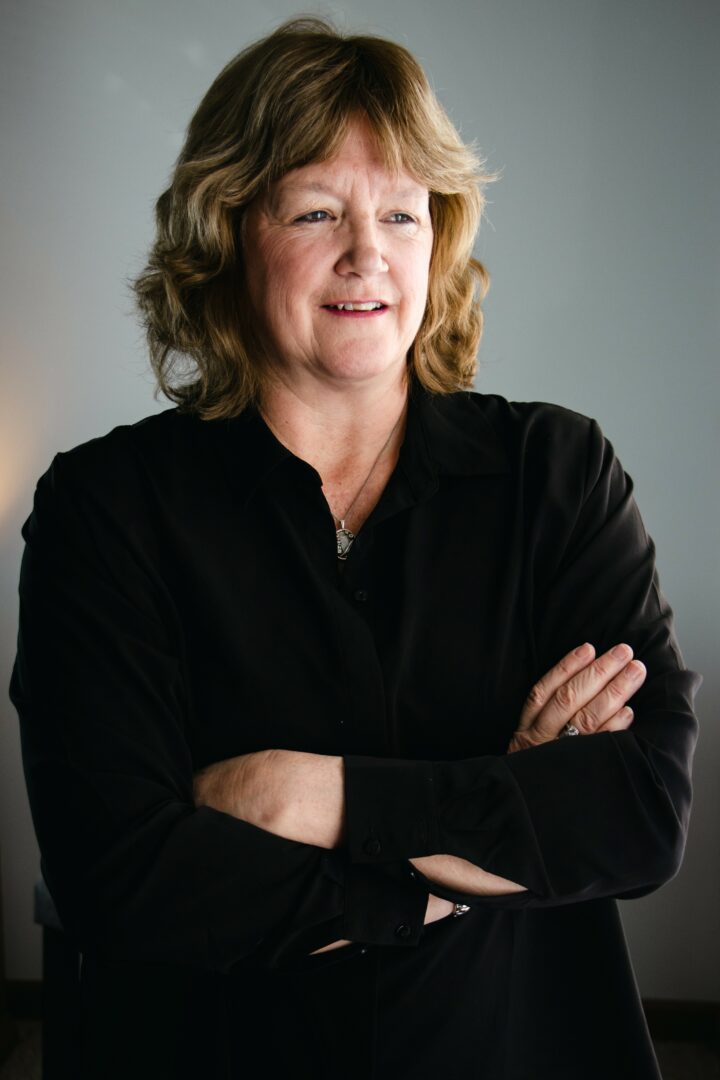We were lucky to catch up with Doris Sumner recently and have shared our conversation below.
Hi Doris, really happy you were able to join us today and we’re looking forward to sharing your story and insights with our readers. Let’s start with the heart of it all – purpose. How did you find your purpose?
Chapter Members | English (US) (bnivermont.com)
I grew up in a small country town in Vermont in a large blue collar poor family. I had five siblings and five cousins next door. We spent our time outdoors roaming the country hillsides, building cabins and swimming in the brooks. I was a tomboy; I rejected the dresses my stay-at-home mom wanted us girls to wear. I did not like the gender boxes which push the toys or careers we were supposed to want. I took auto-mechanics in school then thought I might want to be a cross-country semi-tractor trailer driver like a Smokey and the Bandit character. I joined the Army, thinking they could teach me to drive a truck, I would save money and buy my rig. I did drive trucks for 3 years, but the story changed. I ended up getting out of active duty and joining my home State National Guard, they pushed me into an administrative job. I got a full-time job in the Human Resources office on base and was in the Headquarters Company for the next 33 years. I held several positions in HR, I became a Warrant Officer and at age 40. I was selected as the State Equal Employment Manager for the Adjutant General. By then I had acclimated to the Guard culture however, when I in interviewed the women clients coming to me seeking adjudication for sex-based discrimination, my heart changed. Over the next 13 years, I became a passionate feminist on a mission to combat the sexism I could see was the factor propelling the sex-based harm. We needed to change the culture by increasing the representation of women and the feminine power but how do you get and keep more women into a sexist organization. I had found my purpose. The mission seemed impossible, yet I persisted often risking my own career until I retired in 2019. I launched my own diversity education and consulting company because I could see there are many occupations not embracing the feminine talents needed to maximize the workforce cultural experience. I wrote the memoir that describes the transition from a fun-loving beer drinking tomboy to an activist seeking gender equality through accountability and education. My book is, ‘Life At Camp: Combating the Sexism We Tolerate and Why the Military Should Take the Lead. Sexism is a hard topic because it is personal and can be triggering, but tolerating sexism gives those who are indignant permission to offend and those who are unconscious of it, to do nothing.
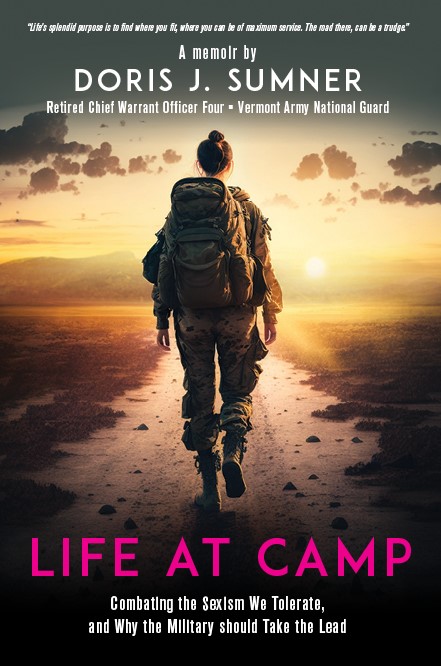
Let’s take a small detour – maybe you can share a bit about yourself before we dive back into some of the other questions we had for you?
At the age of 56, I was fortunate to be able to receive a federal retirement after serving 36-years in the Army and working full-time on the local base. I spent the final 13 years as an Equal Employment and Diversity Officer solidifying my professional passion to have influence in the experience for employees who just want to do their job and be treated with equal respect. The job changed my heart, and I felt obligated to document the dysfunctional system I had entered into three decades before and was processing discrimination cases entirely the same that I had endured. Sexism remains a phenomenon which perpetuates sex-based acts and yet how do we rid sexism? It was so plain for me to see that we change the culture of sexism by changing the demographics of the force from white, male majority to a diversified force representative of the labor pool. Although the Equal Employment Opportunity Commission instituted policies based on the Civil Rights Act, accountability for change was wanting. This was because those responsible to submit the report cards to EEOC were fine with minimal incremental changes to demographics and not fully painting the on-going cultural issues within the force. My team and I worked tirelessly to implement a Gender Report specifically focused on the recruitment, retention and promotion of women as well as what occupations they were being mentored into. The challenges of informing the androcentric leadership that they needed more feminine within their force was frustrating and endless. I engaged with the Vermont legislatures and continuously submitted my strategies to the national levels of the military and the government. I did this with the support of the first female Adjutant General in the history of the National Guard, Major General Martha T. Rainville (Retired). Yet, each year, the Sexual Assault Response and Prevention Reports showed no improvement on the reduction of sexual assaults within the ranks. I believe in the strategies I document and yet feel unheard. I launched my business, Empowering Gender Opportunities LLC with the mission to combat the sexism many of us tolerate by ignoring or leaving our jobs because filing cases leads to retribution and rarely improves the workforce culture. I have not engaged with professionals who deny the existence of sexism and yet few have structured strategies on how to rid their organizations of this attitude causing so much destruction. I am seeking leaders who understand the value of gender diversity. All diversity is good and improves profitability, however, gender identity crosses all forms of diversity and often the occupational expectations, and limitations are based on gender. I want to galvanize the feminist movement into ensuring there is accountability for diverse power cores to operate and my book states that our U.S. Military should be what right looks like vs. being known as having a landscape of predators. This is my calling and where I am fortunate enough to spend my retirement trudging on to combat the sexism.
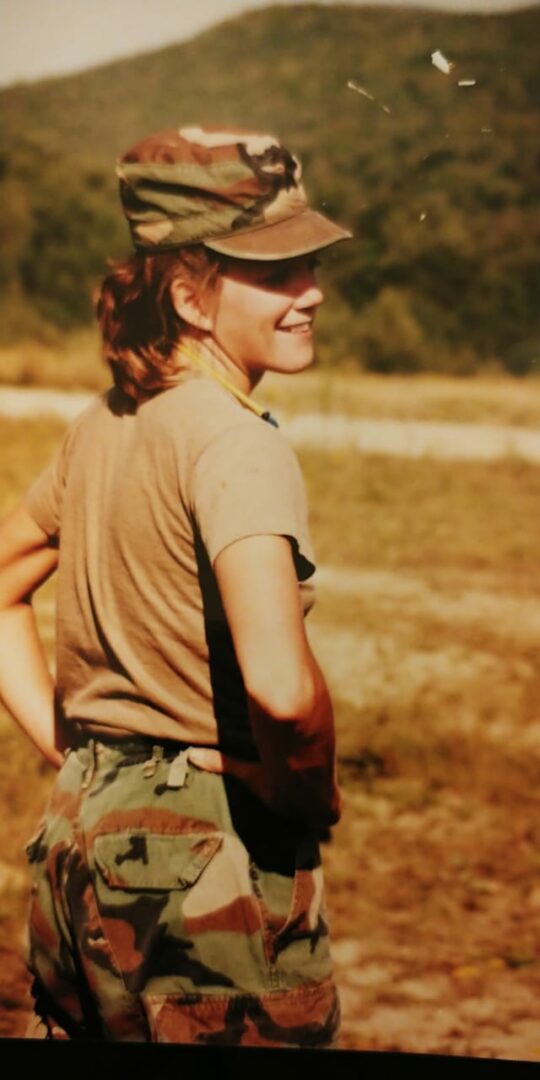
If you had to pick three qualities that are most important to develop, which three would you say matter most?
Looking back, I see my upbringing in rural Vermont provided me with naivety about how bias, discrimination and even hate impacted the world I was stepping into with big silly dreams. Number one, my recovery from alcoholism early on gave me an endless supply of empowerment to keep seeking my purpose, trusting I got the gift of recovery for a reason and not to waste it. I always had a fearless trait to try new things, like joining the carnival, the Army and later changing from enlisted rank structure to the Warrant Officer career.
Number two, I was tenacious enough to question policies and rules wanting to know why. When I reflect on the cover of my memoir, which depicts a warrior stepping on the path, I think of all the young people embarking on their journey after high school with big dreams. They cannot know all the barriers to the goals they think they want, but with grit and perseverance, they can find the purpose for their heart beating and a sense of gratitude for taking the road less traveled upon. Number three is the persistence to keep trying regardless of not attaining the ‘mission accomplished’ banner for myself.
I tell women thinking of joining the military to go for it despite the understanding of the sexist culture still alive. I tell them to hold the military to the standards the military touts, respect, dignity, professionalism. I tell them, don’t pack it in your backpack and march on, find a safe place to unload the issues of discrimination or violations and be true to who you are because you are the gift the military needs.
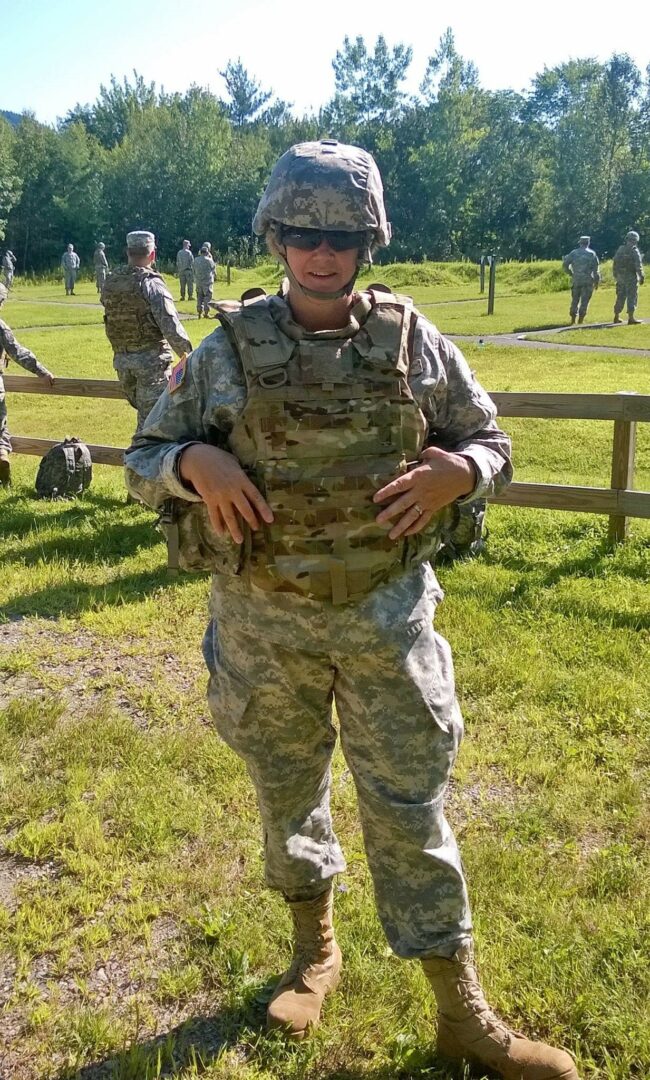
What is the number one obstacle or challenge you are currently facing and what are you doing to try to resolve or overcome this challenge?
So many great questions to consider answering however, I chose this one because, of all the frustrations as an activist, galvanizing a core group of women on a specific strategy regarding sexism is probably unlikely, yet I feel compelled to try. There are so many women organizations with noble causes and simultaneously, women Veteran organizations are countless. I’ve joined many different groups trying to find where I fit, and I still feel lost. On women Veteran social media sites, they think I’m just trying to sell my book and profit, on Veteran Military Sexual Trauma sites, they don’t like to be triggered about sexism and mostly discuss healing and recovery options. When I enter into non-military women organizations, they dismiss my understanding of the corporate or everyday blue-collar sexism going on. I received awards and accolades for my presentations on combating sexism while in the service, yet the services have not welcomed me back since retiring. When I engage with women from all occupations on the strategies to reject sexism and hold individuals or leaders accountable, they always exhale and thank me, but yet, so far, I can’t find a group of people wanting to join me on this mission, so I trudge on, one conversation at a time.
Contact Info:
- Website: https://www.itsallaboutego.com
- Instagram: @empoweringgenderopportunities
- Facebook: Empowering Gender Opportunities LLC
- Linkedin: https://www.linkedin.com/in/itsallaboutego
- Twitter: @itsallaboutego1
- Youtube: @dorissumner5707
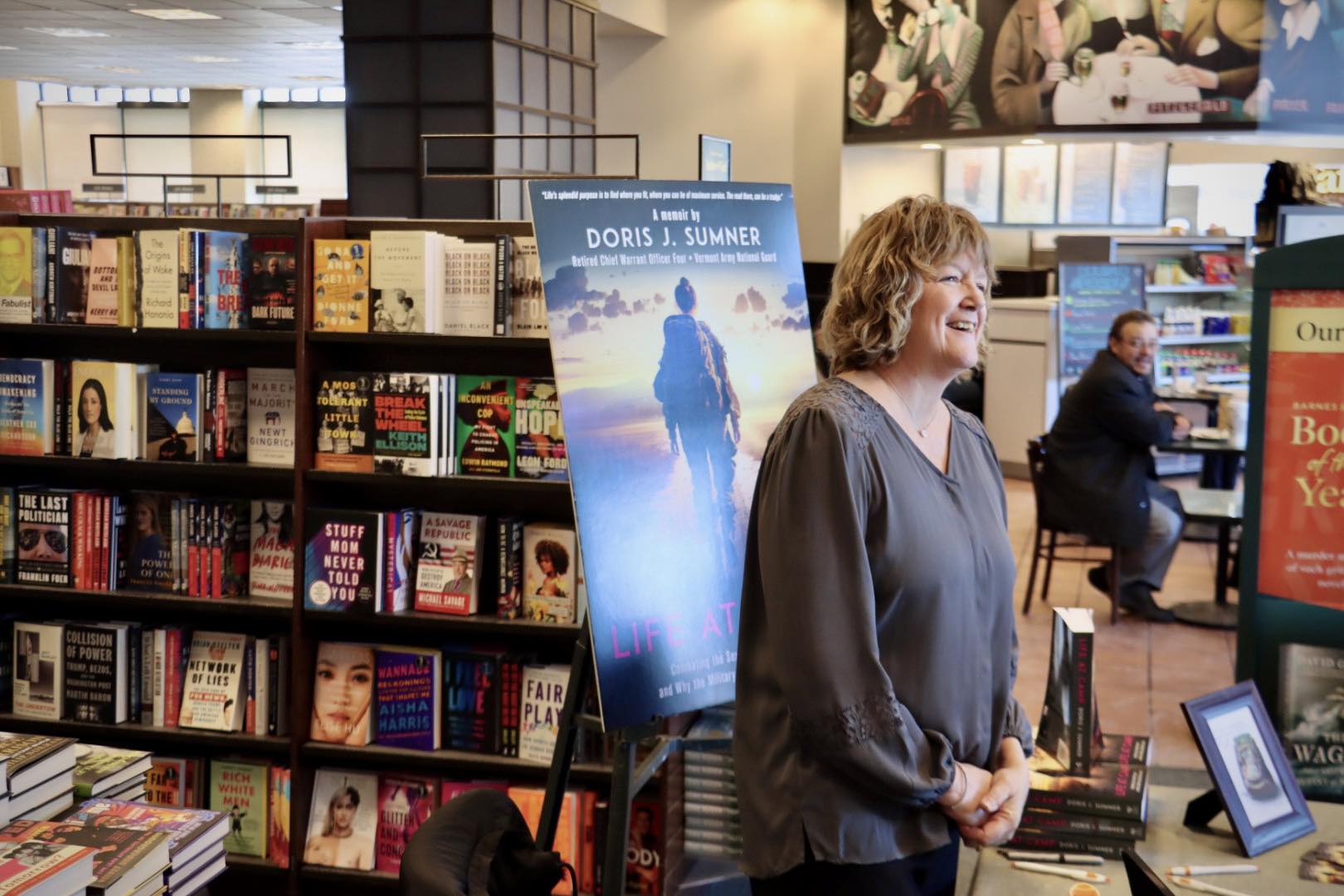
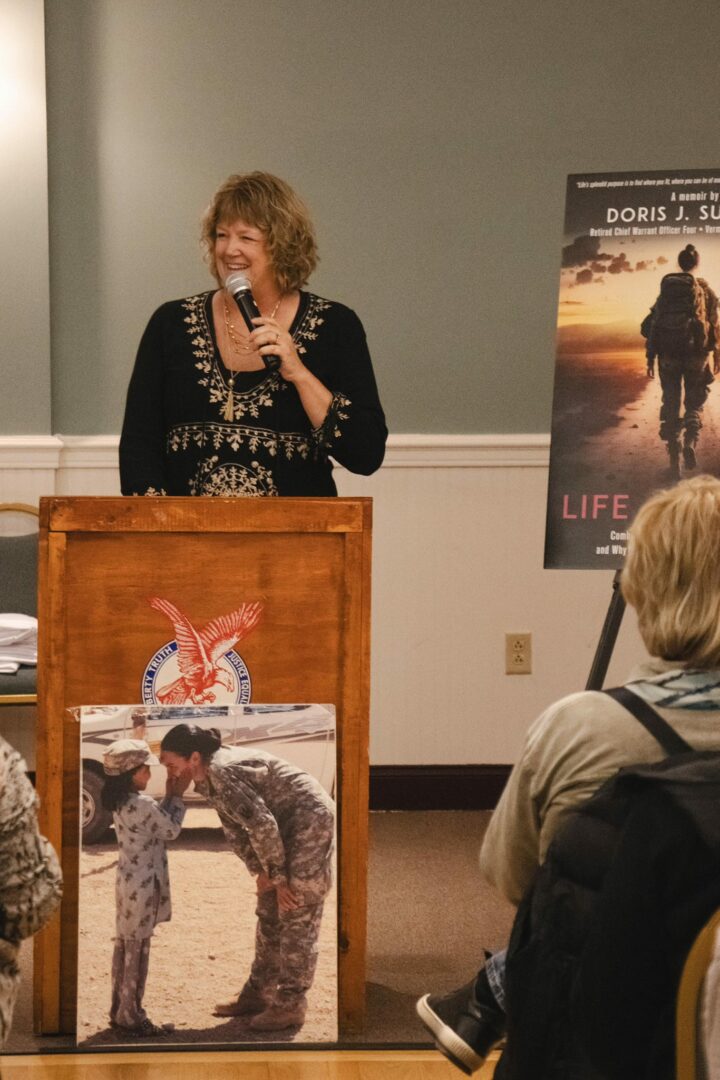
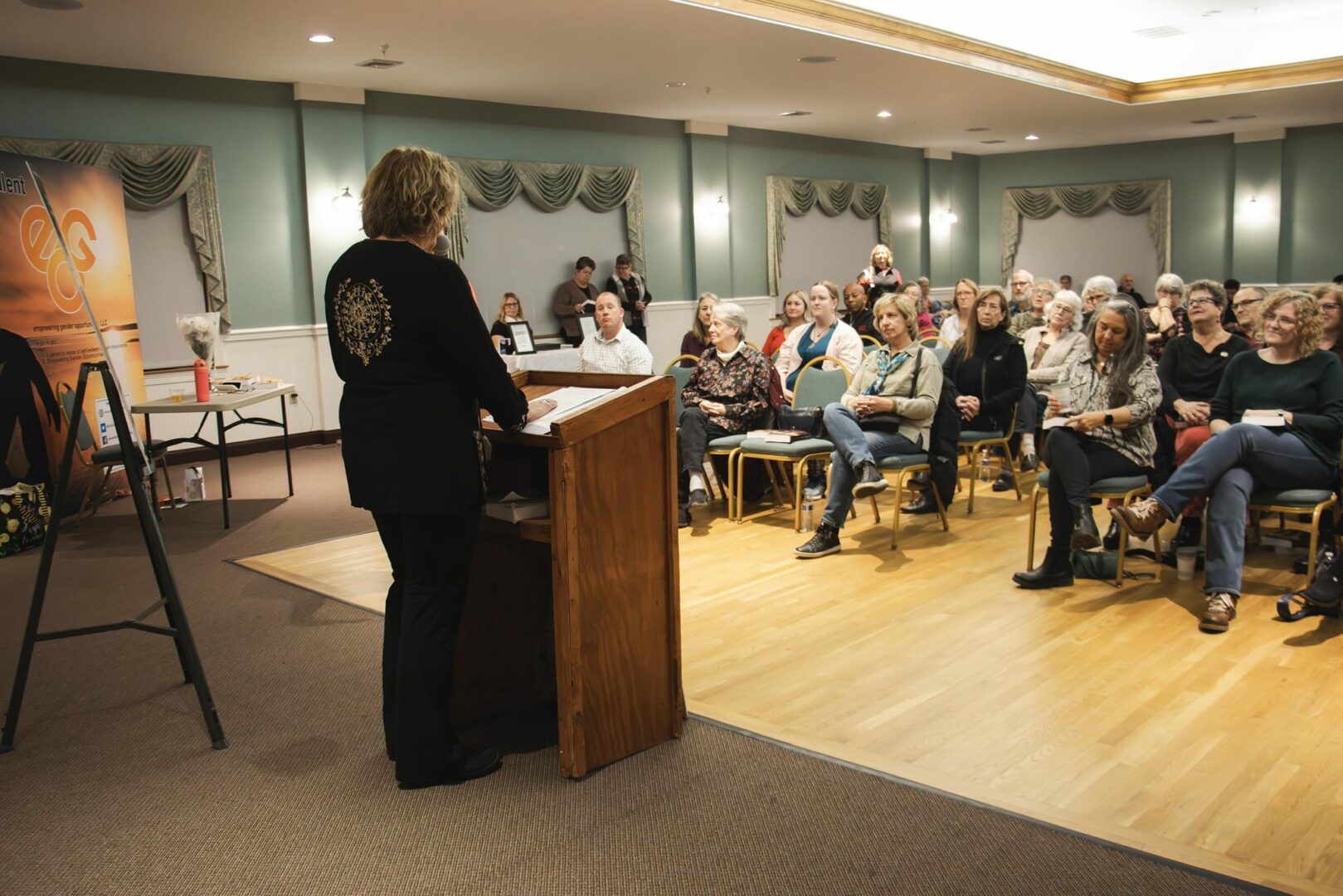
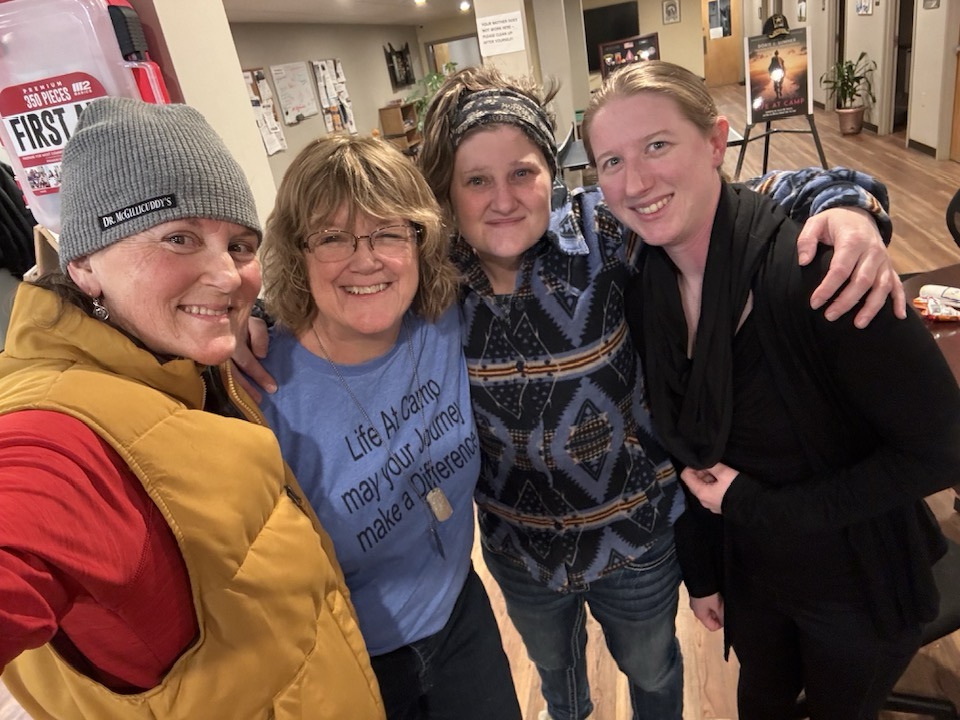
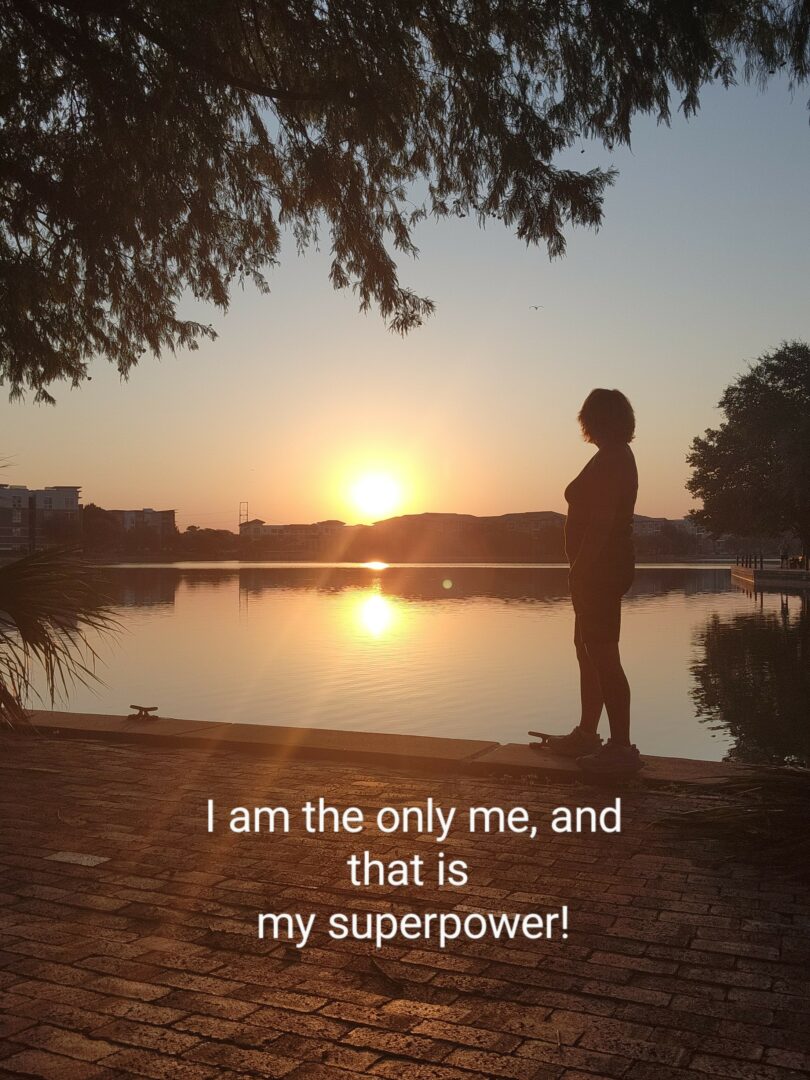
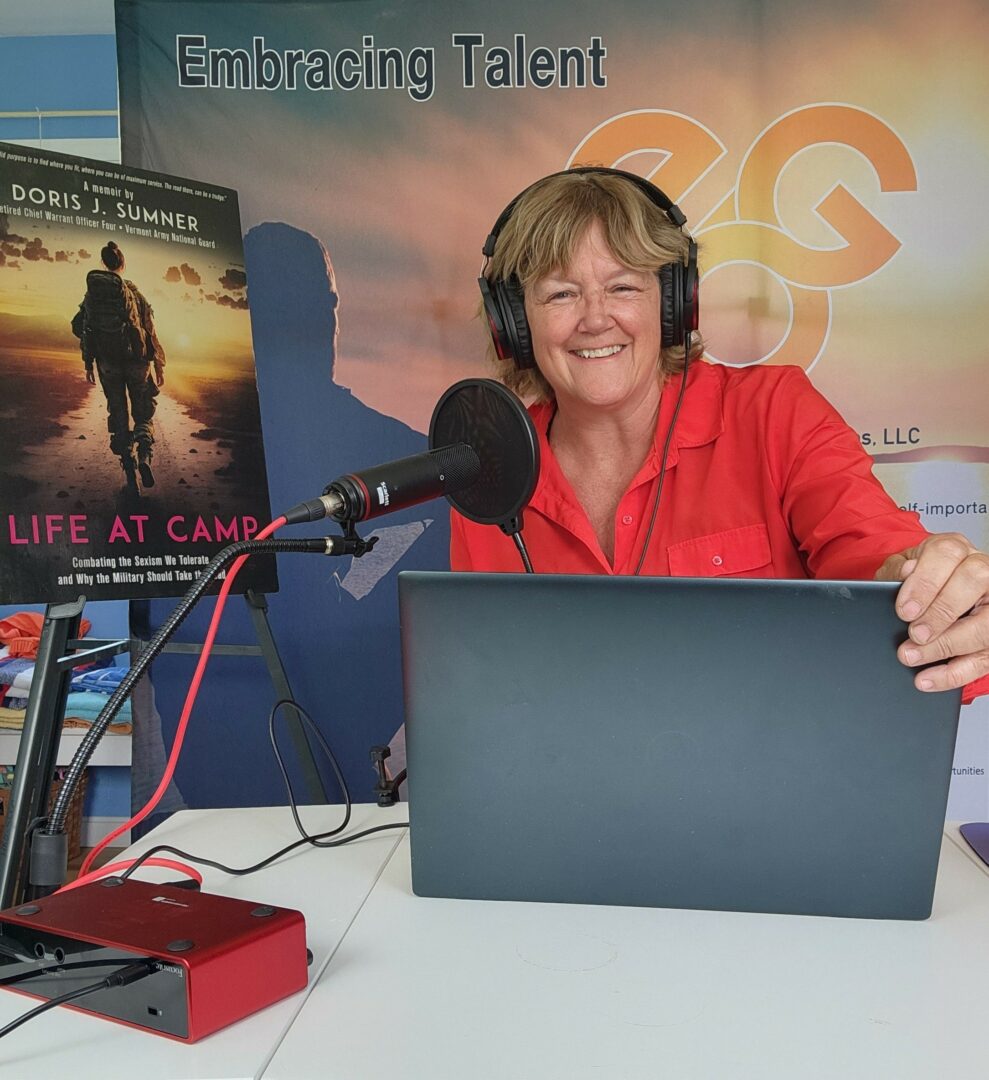
Image Credits
I give credit to my daughter for the author photograph, Joanna Key, Key Photography.
so if you or someone you know deserves recognition please let us know here.

